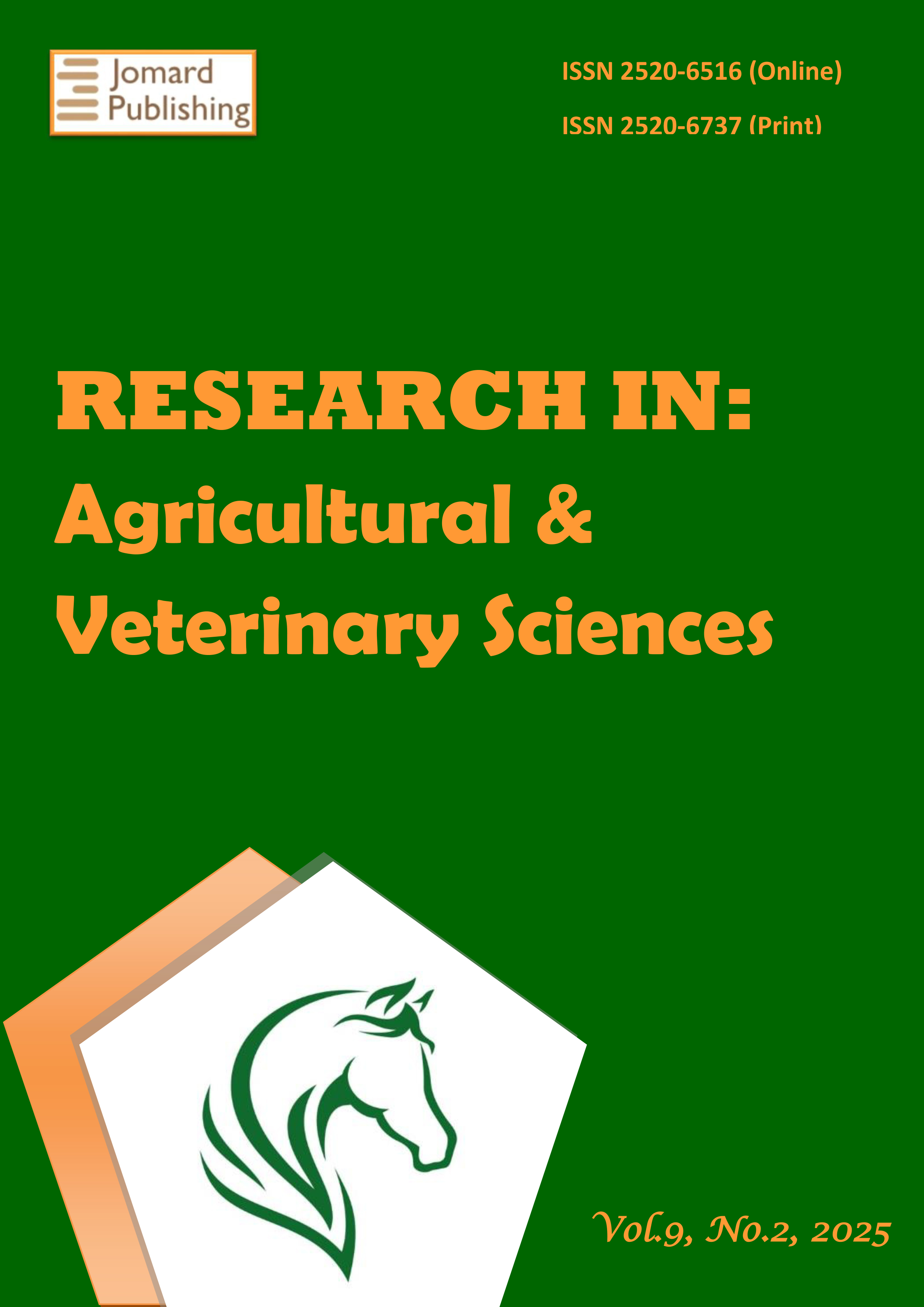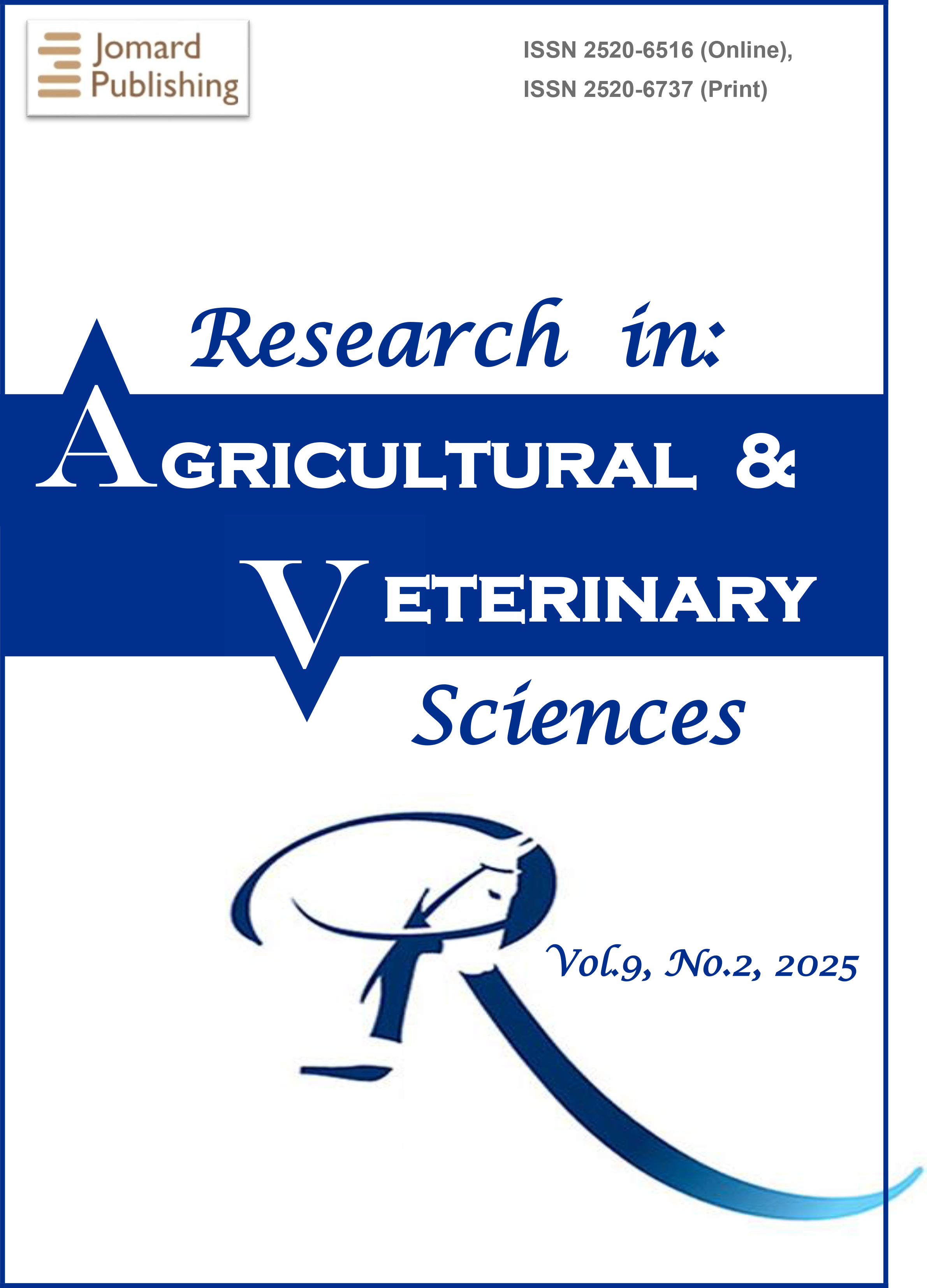Ecological Status of Azerbaijan's Rivers
- Published: 06-08-2025
Share
Restoring and improving the natural beauty of the Karabakh and Eastern Zangezur region, which suffered from over three decades of occupation and severe ecological harm, is a pressing concern today. Recommended initiatives include implementing environmental monitoring of local rivers, constructing small water reservoirs and establishing small-scale hydroelectric power plants. Since 2021, a variety of studies have been undertaken, along with regular analyses of river water quality. Acts of sabotage have significantly harmed the region's agriculture, environment and irrigation systems. Therefore, it is vital to implement effective purification methods and prevent such violations. Although most river parameters are within acceptable limits, the presence of elevated nickel and copper levels is concerning. While many metals remain below the WHO's safety thresholds, the variability in concentrations - particularly for manganese, aluminum and iron - emphasizes the importance of regular monitoring to ensure water quality and identify potential sources of pollution. To guarantee the long-term safety and quality of the water supply, continuous monitoring and potential mitigation strategies are necessary. Thorough treatment is required to remove heavy metals before the water can be considered safe for consumption. Furthermore, additional studies should be conducted to evaluate the impact of this water on specific crops and blending it with cleaner water sources should be explored whenever feasible.
- View 498
- Downloads 101
- Saveds 0
- Citations (Crossref) 0


